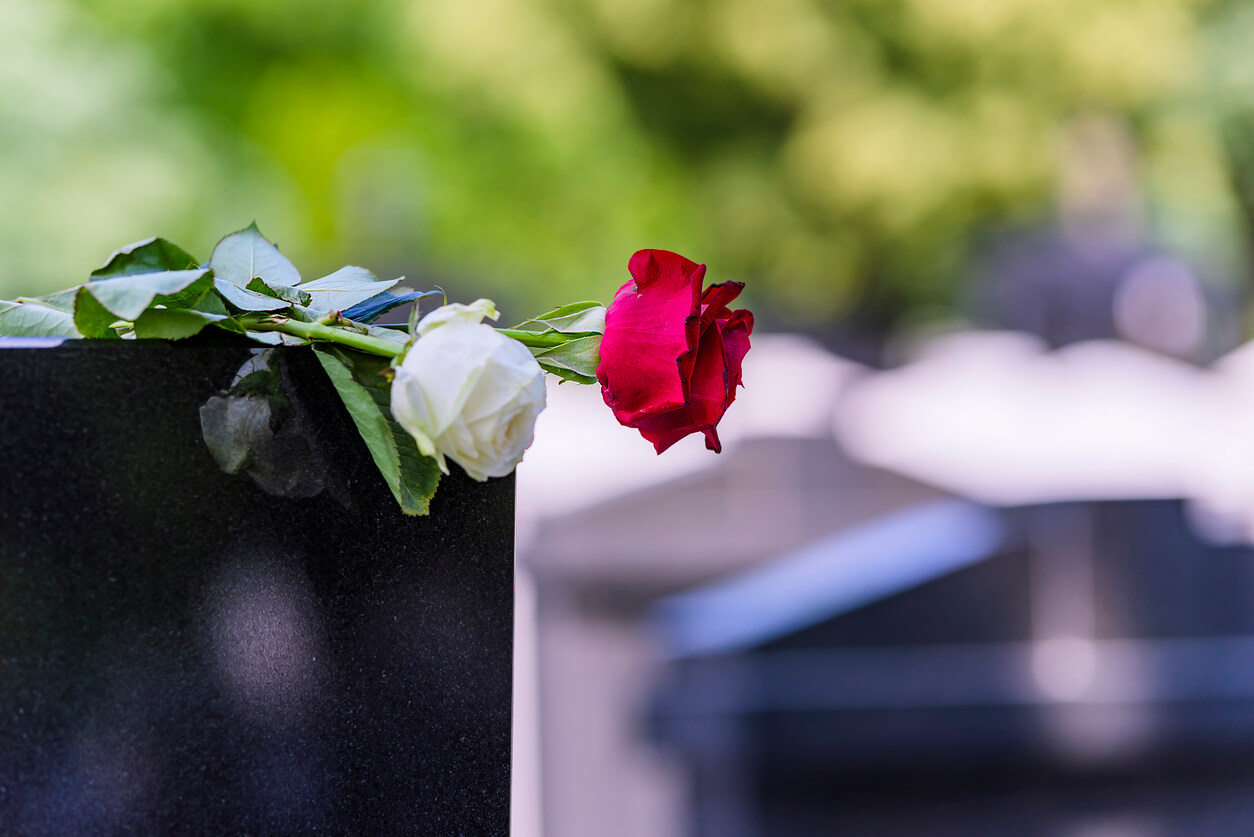Accidents can have devastating, and sometimes fatal, consequences for those involved. Did you know that if you have lost a loved one in an accident? You may be able to receive compensation pursuant to a wrongful death claim? While no amount of compensation can ever feel the void left by a loved one gone too soon, it can be very helpful for the financial burdens left on the shoulders of grieving family members after a loved one passes. Wrongful death claims, however, can be extremely complex and must be properly handled in order to be successful. There are even limitations on who can file a wrongful death claim in Pennsylvania.
Filing a Wrongful Death Claim in Pennsylvania
Pennsylvania law defines wrongful death as a death resulting from someone else’s negligence or wrongful act. It can be helpful to think of a wrongful death claim as a personal injury suit that could have been brought by the deceased had he or she survived the accident. A wrongful death claim is a civil action to pursue damages intended to compensate grieving loved ones for the monetary losses, among other losses, incurred due to the death of a loved one.
In Pennsylvania, only the personal representative of the deceased individual’s estate can bring a wrongful death claim. The personal representative files the claim on behalf of the loved ones of the decedent. There is, however, an exception to the general mandate that only the personal representative can file a wrongful death claim. If a personal representative fails to file the wrongful death claim within six months of the decedent’s date of death, then any of the estate beneficiaries may file the wrongful death claim on behalf of all of the beneficiaries.
There are a number of damages that can be pursued in a wrongful death claim. These damages can include compensation for:
- Cost of estate administration
- Cost of funeral and burial
- Medical bills incurred by the deceased after the accident
- The deceased’s pain and suffering after the accident, prior to death
- The amount of lost wages and benefits that could have been reasonably expected of the deceased to earn had he or she survived the accident
- Loss of companionship, moral guidance, support, and comfort
It is important to remember that compensation for certain damages, such as loss of companionship and comfort, is only available in cases where the decedent has a surviving spouse, child, or parent. Conversely, damages such as burial and funeral expenses, the cost of estate administration, and outstanding medical bills go to the estate in order to pay for the costs related to the decedent’s death. This is why personal representatives can seek these damages even when the decedent has no surviving relatives.
Philadelphia Personal Injury Attorneys
Have you lost a loved one in an accident? Let the dedicated legal team at Cooper, Schall & Levy take over the legal fight for compensation so that you and your loved ones can focus on healing after such a devastating loss. Contact us today.


